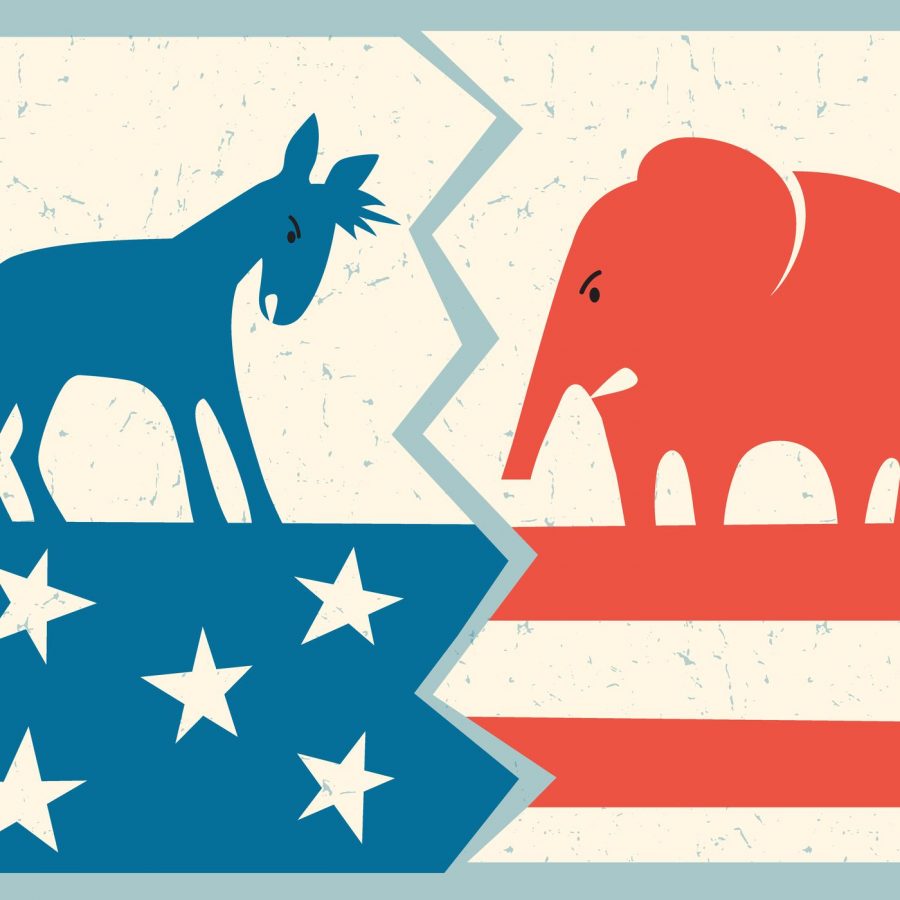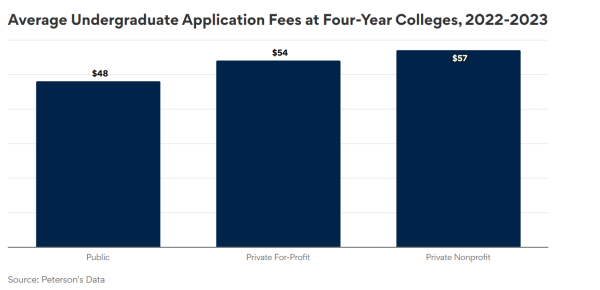Tips and tricks for talking politics
Photo used with permission from Google Commons
The United States is currently experiencing intense political division, as members of the two major parties often lack the necessary skills to engage in civil discussions regarding politics.
Due to the recent election, the global pandemic, and social unrest nationwide, political polarization is at an all-time high. Politics seems to dominate almost every aspect of our lives, from the economy to the environment. Conversations about politics are inevitable, and in order to face the problems that plague our country and the world, these conversations are vital.
Whether you share similar views or have opposing views with someone, it is important to talk through the issues at hand without dismissing anything the other person says. According to ideas.ted.com, it is pivotal that you “listen to people with an open mind. If someone likes a candidate you hate, it doesn’t mean you should discount everything they say.” While some people may like a candidate for what you consider all the wrong reasons, more often than not, they genuinely believe the policies of their candidate will make the country a better place.
The idea of open-mindedness is crucial when it comes to discussing political issues, as people are often tempted to disregard opposing views or immediately label conflicting views as “wrong.” According to Psychology Today, “Being able to listen and ask intelligent questions rests on a fundamental attitude: giving the other person the benefit of the doubt.”
Where you were born, where you grew up, how you were raised, the education you received, and several other factors determine the political views you hold. It is important to consider these details when discussing politics with someone who has different opinions than you. “The only real way to disarm your enemy is to listen to them. If you hear them out, if you’re brave enough to listen to their story, you can see that more often than not, you might have made some of the same choices if you’d lived their life instead of yours,” former Clandestine Service Officer with the CIA Amaryllis Fox said.
Junior Ganeev Kaur has been following the recent election closely and has noticed the lack of fruitful conversations among members of opposing political parties. “Honestly, I think it’s hard to talk about politics for a lot of society because they’re afraid of what people may think, relationships breaking, etc… Let other people explain what they believe in before you bloom a debate or conversation. It’s always best to understand the reason behind their views as it may provide validity,” Kaur said.
Conversations regarding politics often reach a level of discomfort, and in these moments, it is important to work through it instead of ending the conversation or changing the subject. According to ideas.ted.com, “the most important conversations are those that people are the most passionate about, those that people are the most emotional about. They are messy and frustrating and even uncomfortable, but they’re also often worth it.”
Admitting a lack of information is another necessary yet unlikely step toward engaging in productive civil discourse. People tend to act as if they know more than they truly do or base their side of the conversation on emotions instead of facts. “It’s important to be informed before you begin a conversation, whether it’s with someone who has a concurring opinion or not. I think there’s a lot of misinformation going around, especially now, and with views as polarized as they are today, you need to go in with an open mind, but solid facts,” senior Anna Daraselia said.
When it comes to opinions, there is no “right” or “wrong.” It is important to remain unbiased, well-informed, level-headed, and non-aggressive when it comes to discussing politics. Having this type of attitude, according to Psychology Today, “paves the way for a back-and-forth conversation which is motivated by a search for understanding rather than the need to be right.”
Though it can be beneficial to push through the awkwardness or discomfort that often comes with a political discussion with someone who has opposing views, it can also be beneficial to walk away. It is important to listen to your instincts and end a conversation if you feel disrespected or threatened.
Your donation will support the student journalists of Thomas S. Wootton High School. Your contribution will allow us to purchase equipment and cover our annual website hosting costs.
Kirby is a 2021 graduate.







